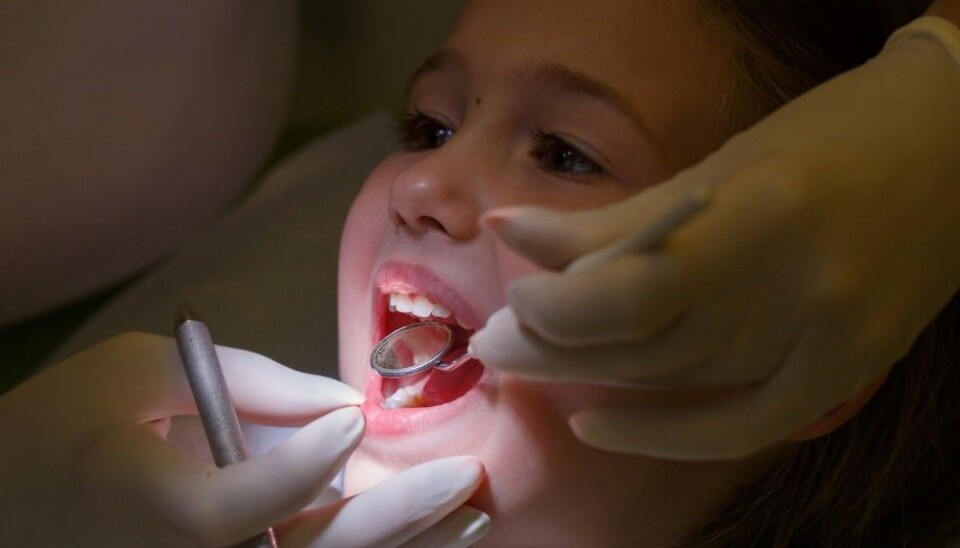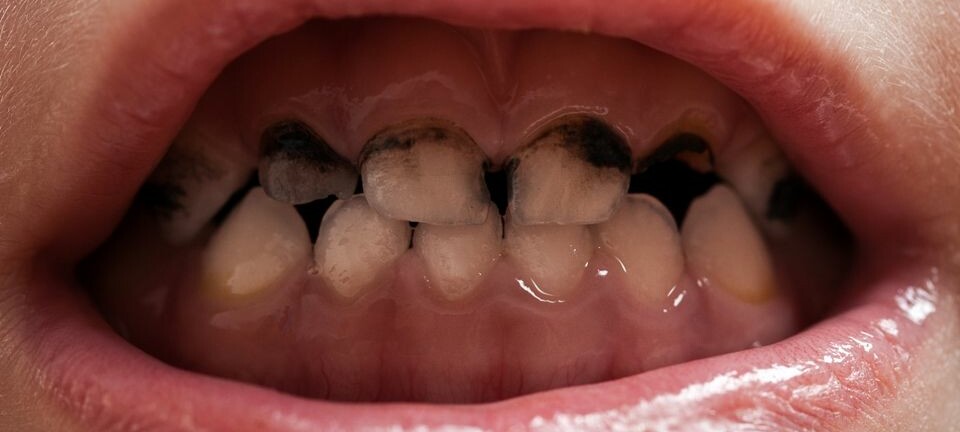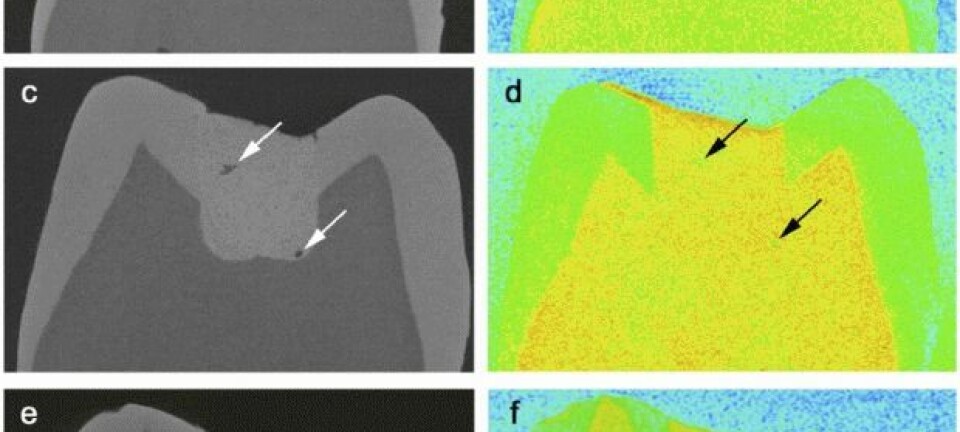
Devious bacteria can cause multiple cavities
Some people are prone to getting cavities no matter how much care they take in brushing their teeth. A particularly harmful caries bacteria can be their problem, according to a Swedish study.
Sure, for most of us the number of cavities we get links to how assiduous we are in brushing our teeth after meals and snacks, especially after enjoying sweet foods.
But for one in five things are not that simple.
They can be just as vigilant as everyone else but still get more cavities. Why is that?
Previous research has pointed towards our individual genetic makeup and the bacteria flora in our mouths.
Swedish researchers have investigated the bacteria flora in a few hundred Swedish children and found that the kids who are most prone to caries development are carriers of a special subgroup of the caries bacteria Streptococcus mutans.
Mean mutant
Nicklas Strömberg and his colleagues at Umeå University in Sweden have tested a cohort of about 450 12-year-olds and re-checked them five years later. The researchers did genetic tests of their saliva samples to find out what types of bacteria they had.
They found that the children who were more prone to tooth decay had a more vicious type of caries bacteria which has an exceptionally strong ability to stick to teeth and survive in the mouth.
Bacteria analyses can thus be used to predict which children are most prone to tooth decay, write the researchers in the journal EBioMedicine.
Extra treatment
The researchers speculate that maybe special measures can be implemented to prevent tooth trouble for these particular children.
Perhaps they can be treated regularly with antibacterial remedies or the caries variety they have could be substituted with a more benign type.
On the longer term, this knowledge could be used to develop special medications that target this bacteria, for instance even to find effective vaccines.
This would help promote health, and not just in the mouth, according to Strömberg and his colleagues.
This is because research has shown that tooth decay is related to a higher risk of other maladies, including cardiovascular disease. It remains unclear what mechanisms are in play in this context. More research is needed to determine what affects our dental health and how dental health impacts the rest of the body.
-------------------------------------
Read the Norwegian version of this article at forskning.no
Translated by: Glenn Ostling







